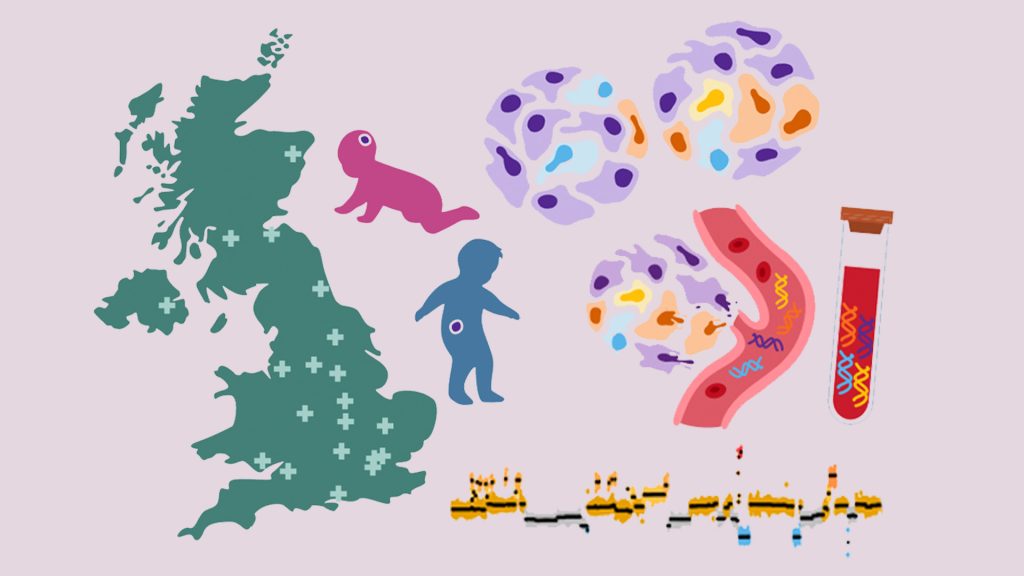Rare diseases: Telethon-Cariplo funds two research projects at HT

Two research projects from Human Technopole have won the Fondazione Telethon and Cariplo grant to uncover the genetic and molecular mechanisms of acute myeloid leukemia and congenital adrenal hyperplasia. The projects, led by Alice Giustacchini (Group Leader of Genomics) and Emanuele Villa and Nicolò Caporale (Testa Group, Neurogenomics), have been respectively funded with €230,000 and €250,000.
The Telethon-Cariplo initiative aims to “illuminate the darkest portion of the human genome,” inviting researchers to study the so-called “T-dark targets,” namely genetic aspects and molecular mechanisms that are still largely unknown or poorly understood but represent potential for the development of new therapies for rare diseases.
Alice Giustacchini‘s research project will focus on defining the role of the poorly understood LNP1 protein in pediatric Acute Myeloid Leukemia, a rare but highly aggressive form of blood cancer. At the core of this pathology lies an enigma involving damaged genes “glued” together in the wrong way. One gene in particular, known as NUP98, often tends to fuse with other genes, giving rise to so-called “fusion genes”, which can drive cells towards uncontrolled growth and, ultimately, cancer. In this context, the LNP1 protein remains shrouded in mystery, as its role and functions are unknown. The Giustacchini Group, in collaboration with Ruggiero Norfo (University of Modena and Reggio Emilia), will use multi-scale approaches to uncover new insights into biological mechanisms of malignant transformation.
“Understanding this mysterious gene could provide valuable clues for the development of therapies, offering hope to those affected by this rare but devastating disease,” says Giustacchini.
Emanuele Villa‘s project, together with Nicolò Caporale (Università degli Studi di Milano La Statale), aims to study the involvement of the hormonal modulator SP5 in the congenital adrenal hyperplasia. This group of genetic diseases is characterized by insufficient production of two important hormones derived from cholesterol, from prenatal development stages, due to the deficiency of the enzyme 21-hydroxylase, which increases the patients’ risk of neurodevelopmental disorders and of a particular form of testicular tumors. Building on hormone studies conducted through experimental models based on human stem cells and organoids, the Testa Group aims to give a translational impact to research in this field through experimental investigation of exposure to hormonal modulators, particularly SP5, a transcription factor still poorly understood.
“Through the modulation of SP5, we will test the opportunity to reverse molecular and cellular phenotypes and propose new approaches to treating patients’ clinical symptoms,” emphasizes Emanuele Villa.




